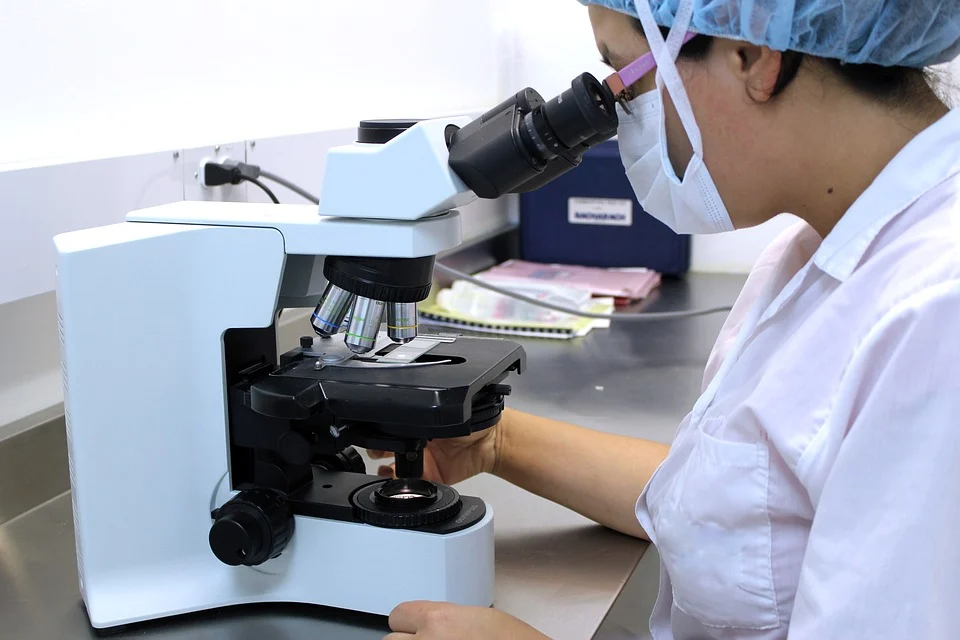
Specific sampling is where a sample of a suspect asbestos containing material is collected for laboratory analysis to determine if the material contains asbestos. The purpose of specific sampling is to determine the quantity and type of asbestos that may be present to assist the duty holder in making recommendations for the remedial actions required.
We offer a very quick turnaround of analysis results.
24, 48 & 72 hour turnaround options available.
Why do I need a professional for asbestos sampling in Northampton?
Exposure to asbestos becomes very dangerous when the asbestos is disturbed. Being untrained and not using proper management of the asbestos-containing materials can cause the asbestos to become air born.
Therefore, only licensed and accredited trained professionals can conduct asbestos sampling and are able to collect a valid sample for analysis.
The asbestos sampling contractor should carry out work in accordance with HSG264 Asbestos: The Survey Guide.
The asbestos sample can only be analysed in a specialised lab in order to determine the presence of asbestos.
How do I send an asbestos sample to a laboratory for analysis?
A trained professional always know to use good hygiene when handling suspected asbestos-containing materials. Also, he/she will know how important it is to regard the safety of others that might come in contact with the ACM sample.
The sample can be on a case by case basis even personally handed to the accredited asbestos analysis lab or mailed.
Choosing to mail the sample has to be done using a safe airtight container such as a doubled Ziploc bag as an additional safety measure.
Before choosing the laboratory, one needs to ensure that they are accredited by the United Kingdom Accreditation Service (UKAS), the only accreditation used by HSE in Great Britain.
The accreditation proves the competence and legitimacy of the testing facility.
Why is asbestos sampling done?
Considering that asbestos fibres can be mixed with materials such as cement, sampling is required in order for a laboratory to analyse it and determine the presence or absence of asbestos.
Due to its versatility, asbestos was used in many industries but mainly in constructions. Thus, after asbestos exposure was liked to an alarming health hazard leading to an increased risk of developing life-threatening conditions, asbestos management is now required by law.
Asbestos is the universal term used to describe a naturally occurring fibrous silicate mineral. There are six known types of asbestos all of which are composed of long and thin fibrous crystals.
The crystalised fibrous nature of asbestos makes it very hard to detect it with the naked eye. This is the reason why sampling and lab analysing is crucial.
Apparently, it’s potentially ‘miraculous’ qualities including its resistance to fire, water, sound and chemicals, has favoured the widespread use of asbestos.
How do I know how many asbestos samples will I need?
The first and most important detail to consider is that asbestos sampling should only be conducted by the contractor in compliance with Control of Asbestos at Work Regulations – CAWR 2002.
Finding out how many asbestos samples you will need comes with a more complicated answer then you might expect.
The process begins with the identification of all building materials that may contain asbestos; then, it is followed by calculating the square footage of your building.
Finally, you have to consider how many areas have the asbestos been used in order to accurately determine the number of samples necessary. Contact us if you need help with Asbestos sampling and we will give you a free quote.
